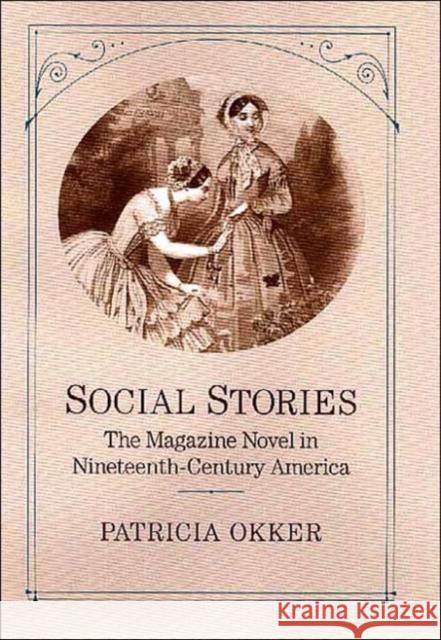Social Stories: The Magazine Novel in Nineteenth-Century America » książka
Social Stories: The Magazine Novel in Nineteenth-Century America
ISBN-13: 9780813922409 / Angielski / Twarda / 2003 / 224 str.
Largely ignored in American literary history, the magazine novel was extremely popular throughout the nineteenth century, with editors describing the form as a virtual "necessity" for magazines. Unlike many previous studies of periodicals that focus often exclusively on elite literary magazines, Social Stories treats a variety of magazines and authors, ranging from Ann Stephens's novels in fashionable magazines for women to William Dean Howells's anxious investigation of modern mass culture in A Modern Instance. William Gilmore Simms's pro-Southern antebellum novels, the publication of Martin Delany's Blake in an African American magazine, Jeremy Belknap's investigation of the racial and national politics of the early national period, and Rebecca Harding Davis's efforts to make sense of race during Reconstruction all receive Patricia Okker's careful attention. By exploring how magazine novelists addressed audiences that differed from one another in terms of race, region, class, and gender, Social Stories offers a narrative of the American magazine novel that emphasizes its direct engagement with social, political, and cultural issues of its day. Rejecting the association of novel reading with notions of the private, Okker convincingly argues that nineteenth-century magazine novels were indeed fiercely social. Created collaboratively with readers, editors, and authors, and read among a community of readers and other texts, the serial novel of the 1800s proved to be an ideal form for exploring the strategies Americans used and the obstacles they faced in forming and sustaining a collective sense of themselves. They are, in short, novels that tell stories about how--and whether--individuals can come together to form a society.Patricia Okker is Associate Professor of English at the University of Missouri, Columbia, and the author of Our Sister Editors: Sarah J. Hale and the Tradition of Nineteenth-Century American Women Editors.











